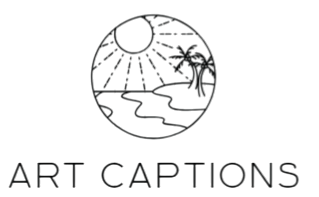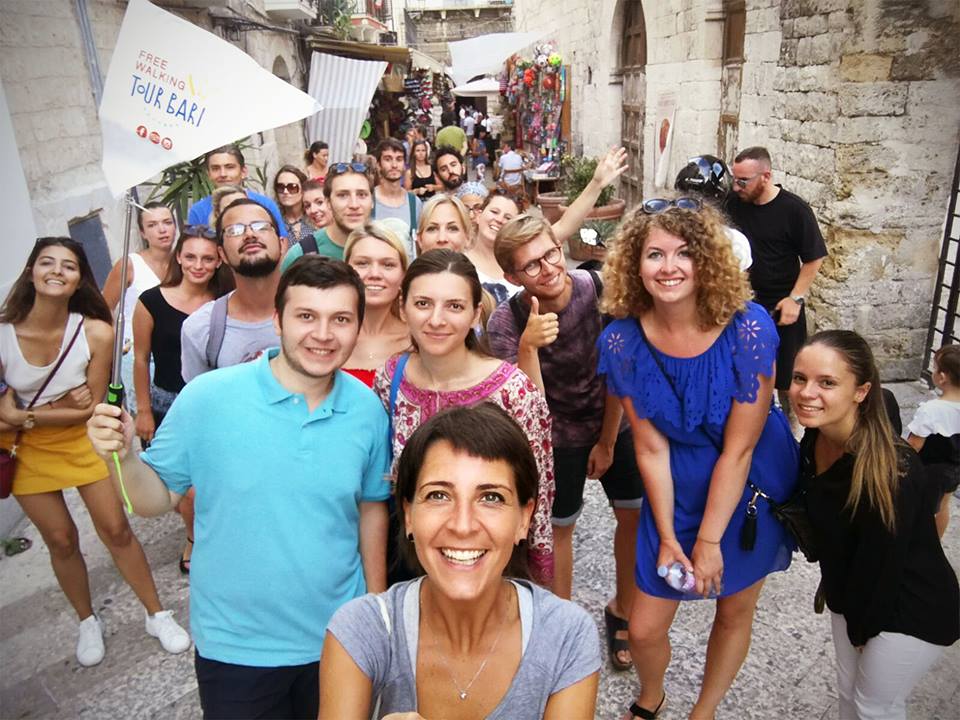Navigating the real estate journey can feel overwhelming without the right guidance. Whether you are purchasing your first home or selling a property you have cherished for years, expert real estate solutions are designed to simplify every step and create a truly stress-free experience. With a client-focused approach and deep market insight, professionals in the field ensure that every decision feels informed, confident, and positive. This philosophy is well reflected in services inspired by Kathleen Gannon Realty Wellington, Florida, where clarity, care, and results come together seamlessly.
A Client-First Approach to Real Estate Success
At the heart of stress-free buying and selling is a commitment to understanding individual goals. Expert real estate guidance focuses on listening first and acting strategically.
Key benefits include:
- Clear communication at every stage of the process
- Personalized strategies tailored to lifestyle and financial goals
- Honest guidance that builds trust and confidence
This supportive approach allows clients to move forward with peace of mind, knowing their interests always come first.
Simplifying the Home Buying Experience
Buying a home should be exciting, not exhausting. Expert real estate solutions remove uncertainty and replace it with structure and clarity.
Buyers benefit from:
- In-depth market analysis to identify the best opportunities
- Skilled negotiation to secure favorable terms
- Step-by-step guidance from property search to closing
With professional support, buyers can focus on envisioning their future while the details are handled smoothly.
Stress-Free Strategies for Home Sellers
Selling a home requires more than listing a property it demands a thoughtful plan designed to maximize value and minimize stress.
Effective selling solutions offer:
- Strategic pricing based on current market trends
- Professional presentation to attract qualified buyers
- Proactive marketing approaches that increase visibility
These proven methods help sellers achieve strong results while enjoying a smooth and efficient transaction.
Confidence Through Knowledge and Experience
Real estate decisions are easier when backed by expertise. Experienced professionals bring a deep understanding of local markets, legal considerations, and timing strategies that protect clients from unnecessary challenges.
This expertise delivers:
- Reduced risk through informed decision-making
- Faster, more efficient transactions
- A positive experience built on transparency and reliability
A Positive Path Forward in Real Estate
When buying or selling a home feels simple and well-managed, the entire journey becomes more rewarding. Expert real estate solutions transform complex processes into clear, achievable steps, empowering clients to move forward with confidence, optimism, and excitement about what lies ahead.




